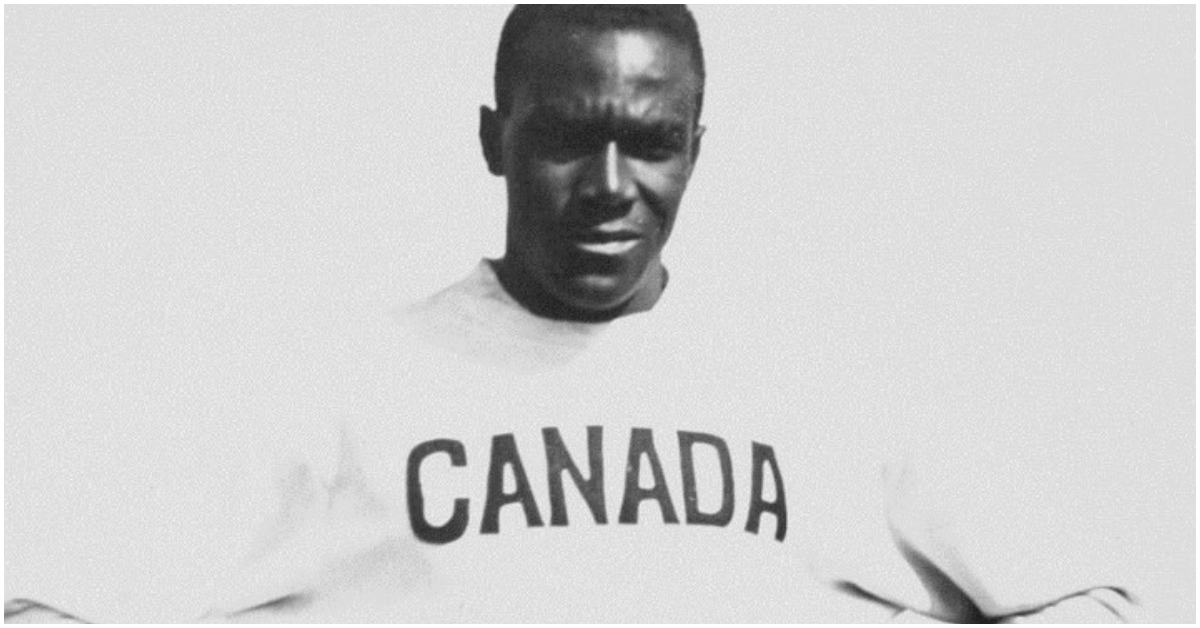Philip Edwards, a trailblazer in both athletics and medicine, wrote his name in history as the first Black person to graduate from McGill University’s medical school and represent the institution at the Olympic Games.
A Pioneering Athlete and Scholar
Born in Georgetown, British Guiana (now Guyana), in 1907, Edwards displayed remarkable talent in track and field from a young age.
After dominating high school events, he moved to the United States in 1925 to attend New York University (NYU), where his skills flourished under the guidance of exceptional coaches.
Nicknamed the “Man of Bronze,” Edwards became one of Canada’s most decorated Olympians. Despite being ineligible for the American team due to his British Empire citizenship, he was recruited by Canada’s Olympic track team manager, Melville Robinson, for the 1928 Amsterdam Games, where he earned a bronze medal in the 4x400m relay.
Edwards’ journey took him to McGill University in 1931, where he pursued a medical degree while simultaneously captaining the track and field team. His exceptional leadership propelled the team to six consecutive championships, and he set numerous McGill and Canadian records en route to multiple individual Canadian intercollegiate championships.
“His third-place bronze medal in the 800-metre run and his fifth place in the 1,500-metre race not only added to Canada’s point totals but added Phil to the ranks of black athletes from many countries who shot holes in Hitler’s pure Aryan track army on their home field in Berlin.” – Montreal Gazette, September 8, 1971
Defying Racial Prejudice on the Olympic Stage
In 1936, the same year he became the first Black graduate of McGill’s medical school, Edwards competed in the Berlin Olympics. His bronze medal in the 800m race and fifth-place finish in the 1,500m event were significant achievements, as they defied Adolf Hitler’s racist agenda and showcased the talent of Black athletes on the world stage.
Despite facing frequent racial discrimination, including being refused a hotel room on his way home from Berlin, Edwards remained a symbol of resilience and excellence.
After a brief stint practicing in Trinidad and serving in the Canadian Army during World War II, Edwards returned to McGill for graduate training in tropical medicine in 1945. He went on to have a distinguished career in parasitology and chest diseases, including tuberculosis, at the Royal Victoria Hospital.
Edwards also participated in international humanitarian missions, including a three-month Red Cross mission in 1960 to help rebuild the medical system in the newly independent Congo.
Throughout his remarkable life, Edwards received numerous accolades, including induction into Canada’s Sports Hall of Fame, the McGill University Hall of Fame, and the Quebec Sports Hall of Fame. His legacy as a trailblazer in both athletics and medicine continues to inspire generations of athletes and medical professionals.





